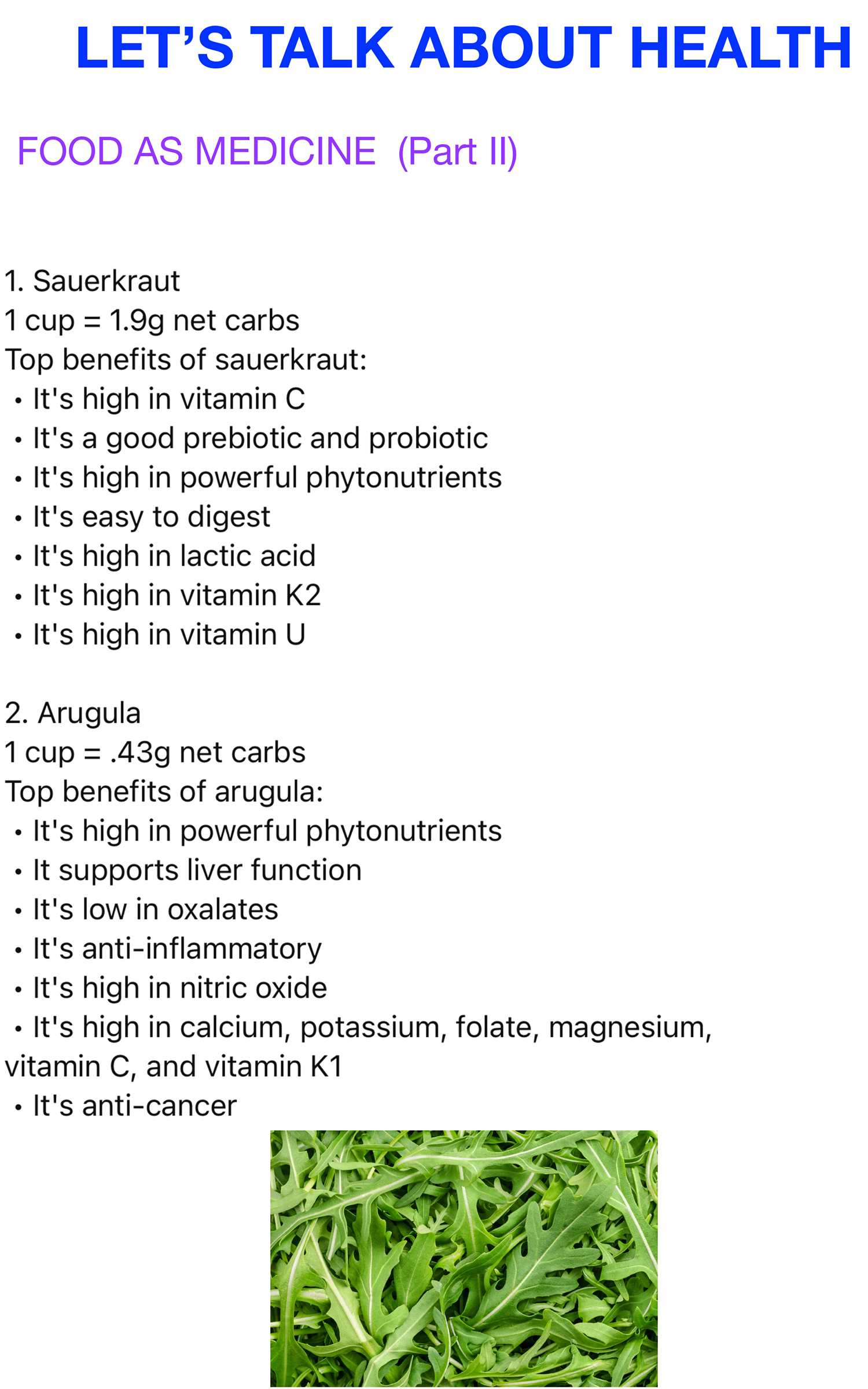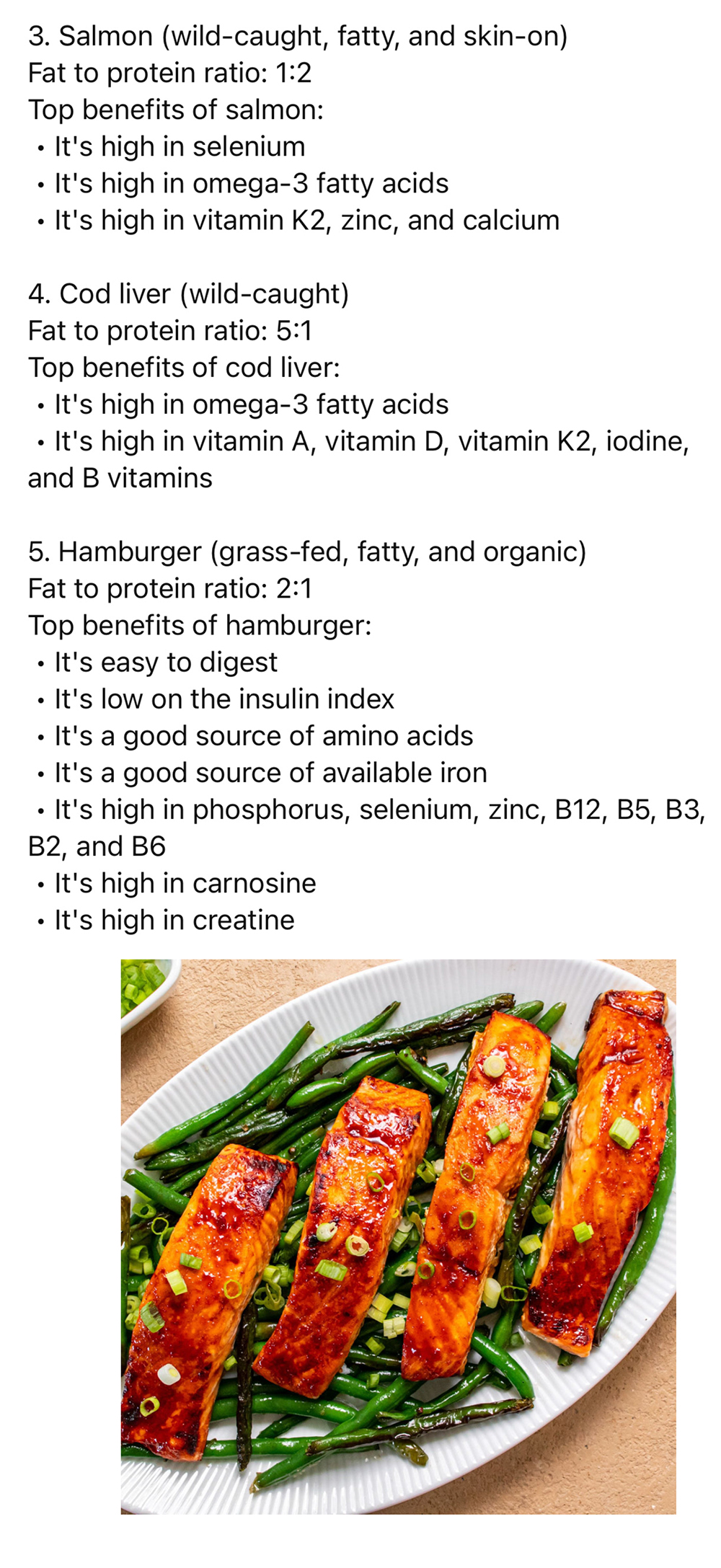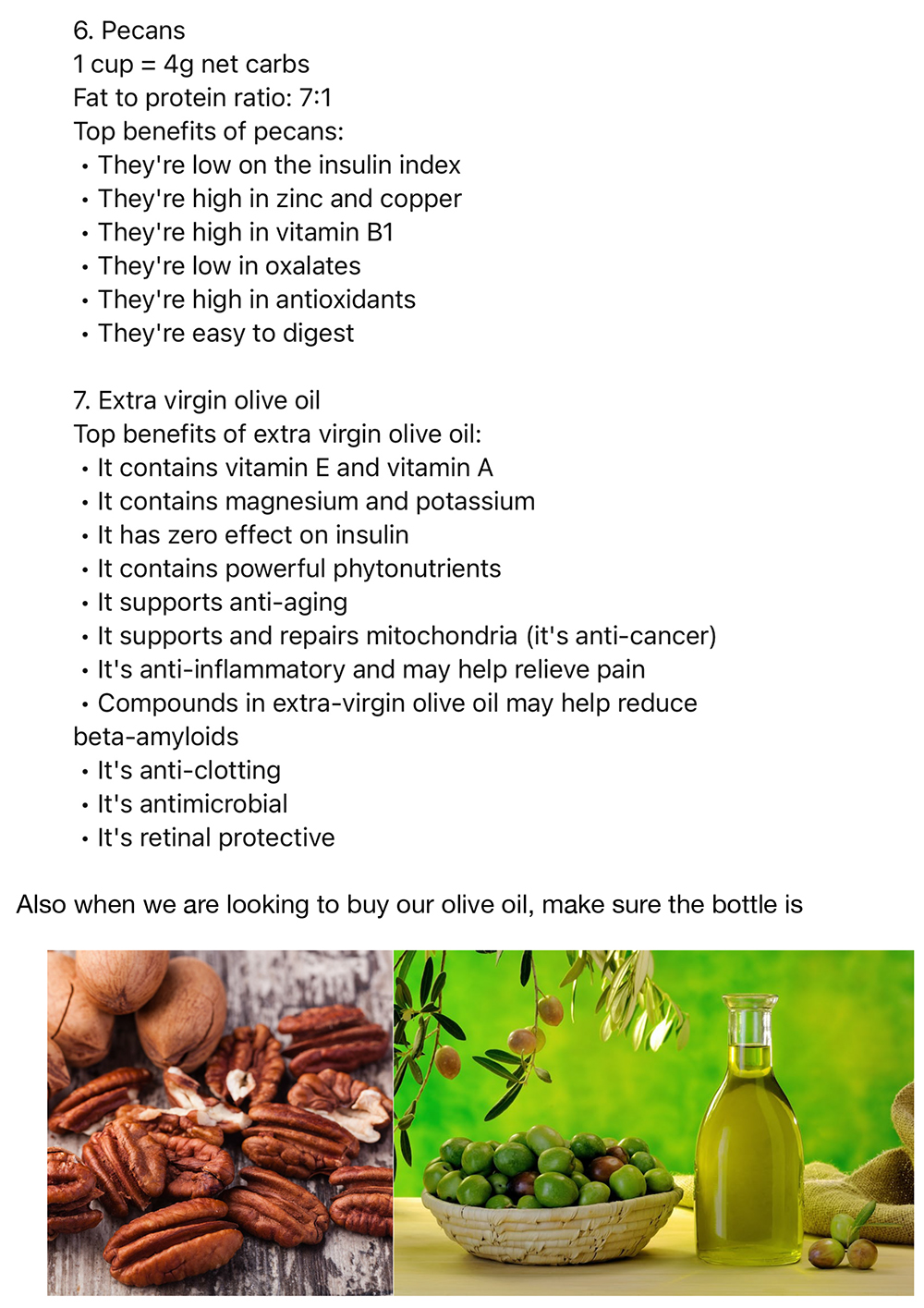Scripture: Matthew 6:1-18; Isaiah 58; 1 Peter 5:7
As we prepare for our 21-day fast, we turn to Jesus’ teaching in Matthew 6, where He instructs us on three foundational practices of faith: giving, praying, and fasting. These actions are not suggestions; they are essential disciplines of the believer’s life. Jesus says, “When you give… When you pray… When you fast…” (Matthew 6:2, 6, 16).
Each of these acts reflects our trust in God and our desire to align our hearts with His.
Last week, we explored the theme of fasting through the special message on fasting. If you missed it, you can log on to www.clci.us and check the “The Pulpit and the Pen” to dive deeper into the biblical foundation of fasting and the call to spiritual renewal. Let this message be a guide as we embark on this journey together.
The Call to Give:
“When you give to the needy, do not announce it with trumpets…” (Matthew 6:2). Giving shifts our focus from ourselves to others, reminding us of God’s heart for compassion and justice. It is an act of faith that declares God as our provider and allows us to participate in His work of blessing others.
The Call to Pray:
“When you pray, go into your room, close the door, and pray to your Father…” (Matthew 6:6). Prayer is an act of surrender and humility, where we exchange our anxieties for His peace. Prayer is the intentional, heartfelt act of communicating with God, where we align our thoughts, desires, and will with His. It is a sacred dialogue in which we express adoration, gratitude, confession, and petition while listening for His guidance, comfort, and assurance. Through prayer, we draw near to God, finding strength, peace, and clarity to live according to His purpose.
The Call to Fast:
“When you fast, do not look somber as the hypocrites do…” (Matthew 6:16). Fasting is a powerful discipline that moves us from physical dependence to spiritual renewal. Isaiah 58 reveals the blessings of true fasting:
“Is not this the kind of fasting I have chosen: to loose the chains of injustice, and untie the cords of the yoke, to set the oppressed free and break every yoke?
“Then your light will break forth like the dawn, and your healing will quickly appear; then your righteousness will go before you, and the glory of the Lord will be your rear guard.“ (Isaiah 58:6, 8).
Fasting is not simply abstaining from food but engaging in God’s purposes. As we fast, we align our hearts with His, bringing light, healing, and freedom to ourselves and those around us.
Are you anxious about your health, family, finances? Remember action absorbs anxiety! When we feel the weight of worry, the actions of giving, praying, and fasting absorb that anxiety, replacing it with peace and purpose. These disciplines allow us to actively cast our cares on the Lord and experience His provision, power, and presence. In 1 Peter 5:7, Peter tells us to “cast all your anxiety on Him because He cares for you.” The act of casting is not passive but intentional. Each gift, prayer, and act of fasting, lifts the weight of worry and places it in the hands of the One who holds all things
As we begin this fast, let us take these actions to heart. Give generously, pray earnestly, and fast sincerely. Revisit last week’s message or watch it online at www.clci.us to strengthen your understanding of fasting’s spiritual power. Together, let us seek the Lord, trusting in His promises and the blessings He has prepared for us.
Father, as we enter this 21-day fast, we commit ourselves to give, pray, and fast as acts of devotion and faith. Teach us to cast our anxieties on You through these practices and to trust in Your care. May the blessings of Isaiah 58—healing, freedom, and Your glory—be evident in our lives and our church. Let this time be one of renewal and revival for Your glory, in Jesus’ name, amen.





